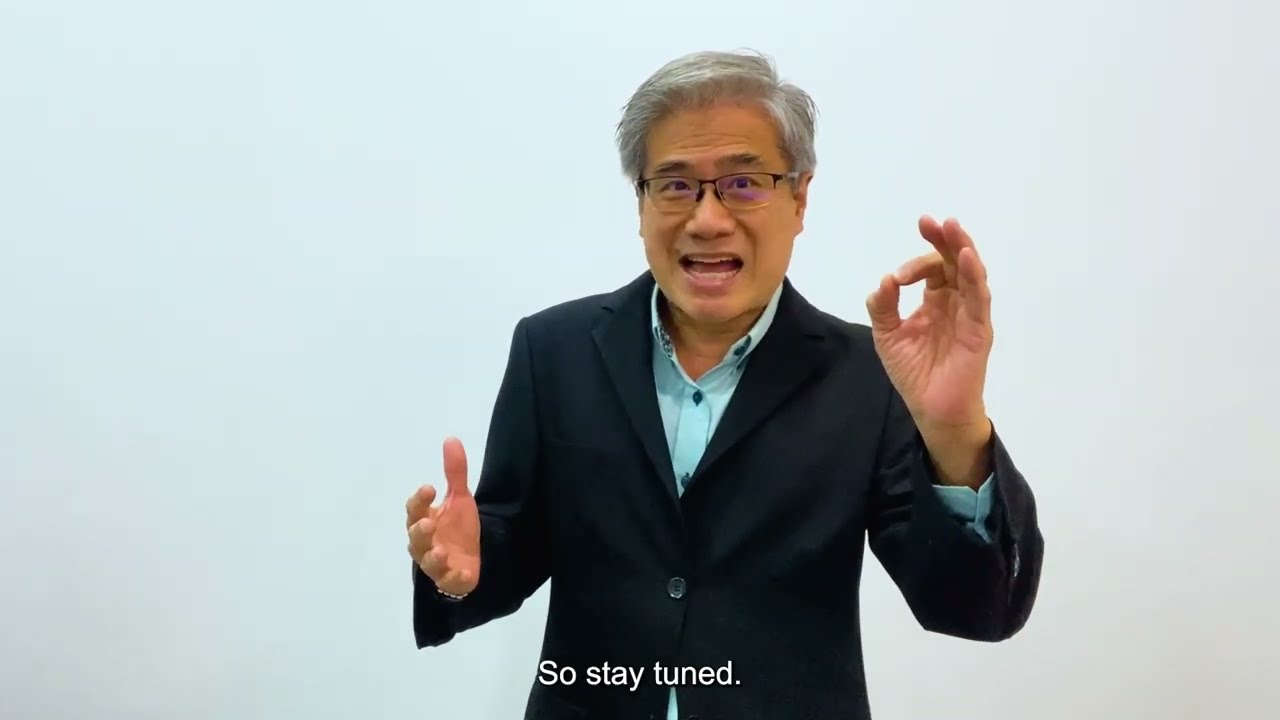Welcome to a space dedicated to your growth.
Each interaction is designed to nurture your potential.
We are committed to creating an environment that respects your privacy.
To offer and maintain our services, we use cookies and data. This allows us to track interruptions and protect you against spam, fraud, and abuse. We also measure the engagement of our audience and collect statistics to understand the usage of our services and improve their quality. By choosing “Accept All,” you allow us to develop and improve new services, evaluate the effectiveness of advertisements, and provide you with personalized content according to your preferences. If you prefer “Reject All,” we will not use cookies for these additional purposes. Non-personalized content is influenced by the content you are currently viewing, your activity during your active search session, and your location. We also tailor your experience to suit your age, if relevant.

Understanding Impostor Syndrome
Impostor Syndrome is a psychological phenomenon where individuals doubt their skills and achievements, feeling like frauds despite clear evidence of their success. This feeling can affect anyone, from students to experienced professionals, and is often exacerbated by competitive environments or high expectations. Understanding the mechanisms of this syndrome is the first step to overcoming it. As an Executive Coach, I have helped many leaders identify and combat these feelings of inadequacy, allowing them to fully leverage their potential.
Why Does Impostor Syndrome Hinder Your Success?
Impostor Syndrome directly impacts self-confidence and can hinder professional and personal progress. Those affected often avoid new opportunities, fearing they will not meet expectations. This constant fear of failure can lead to burnout, decreased performance, and a general sense of frustration. By recognizing these barriers, it becomes possible to implement effective strategies to overcome them. For example, in coaching for women leaders, we work on practical exercises to enhance self-esteem and assert one’s skills.
How Can Coaching Enhance Your Confidence?
Coaching plays a crucial role in developing self-confidence, particularly for those struggling with Impostor Syndrome. An experienced coach, like me, provides a safe space to explore the sources of these doubts and develop personalized techniques to overcome them. By using innovative tools and active listening, coaching helps redefine self-perception and individual capabilities. Additionally, resources such as books on self-confidence can complement these sessions, offering additional perspectives to strengthen resilience.
What Are Effective Techniques for Overcoming Impostor Syndrome?
Several techniques can be implemented to combat Impostor Syndrome and develop lasting confidence. Among these, reframing personal successes, developing positive thinking, and establishing support networks are essential. For example, continuing education allows individuals to gain new skills, thereby enhancing confidence in their abilities. Moreover, practicing mindfulness and setting realistic goals contribute to better management of negative thoughts. These techniques, combined with professional support, offer a comprehensive approach to overcoming the mental barriers imposed by Impostor Syndrome.
Success Stories Through Coaching
Many individuals have transformed their professional and personal lives through coaching focused on Impostor Syndrome. For example, leaders who participated in our LeadershipNow compilation share how they managed to overcome their doubts and achieve their goals confidently. Another inspiring example is Dr. Cédric B. Howard, who unveiled his new book “Unshakable Leadership”, where he explores strategies for building solid confidence and resilient leadership. These success stories illustrate the transformative power of coaching and the right resources to overcome Impostor Syndrome.
Recommended Resources and Readings
For those looking to deepen their understanding and strengthen their confidence, several resources are available. In addition to personalized coaching sessions, books on self-confidence provide valuable insights and practical exercises. Participating in continuing education, as mentioned in our continuing education program, can also be beneficial in developing new skills and enhancing resilience in the face of professional challenges. Finally, engaging in support communities and professional networks allows individuals to share experiences and benefit from mutual support, facilitating the path to unwavering self-confidence.











